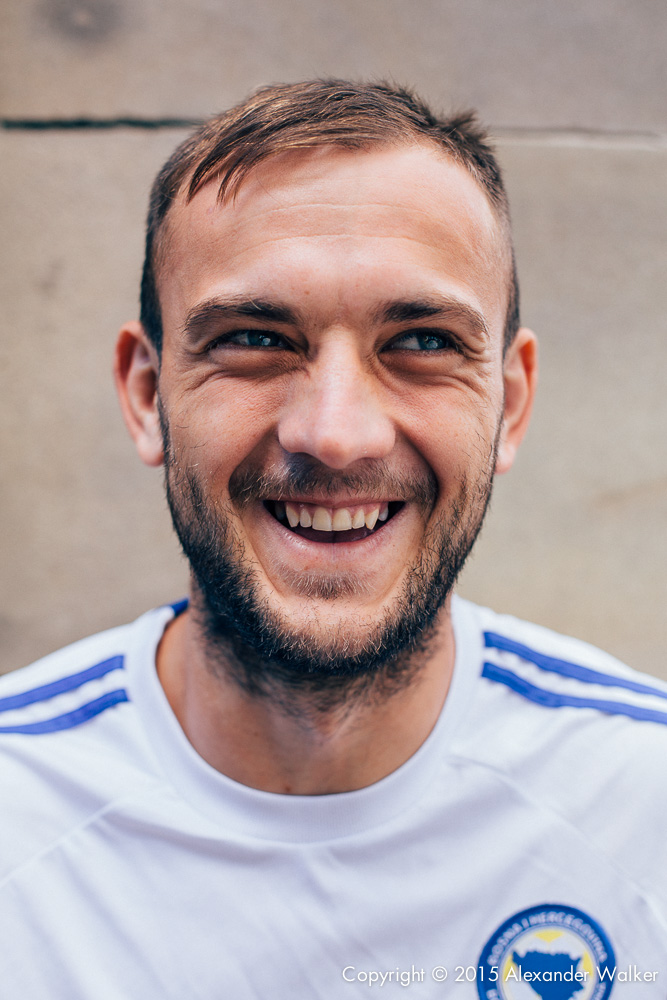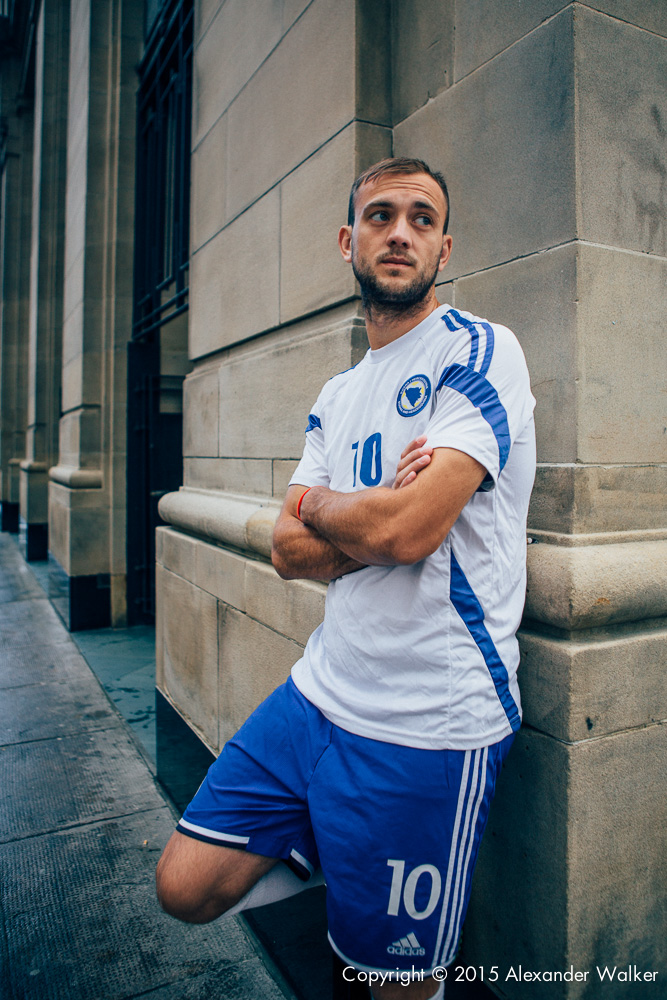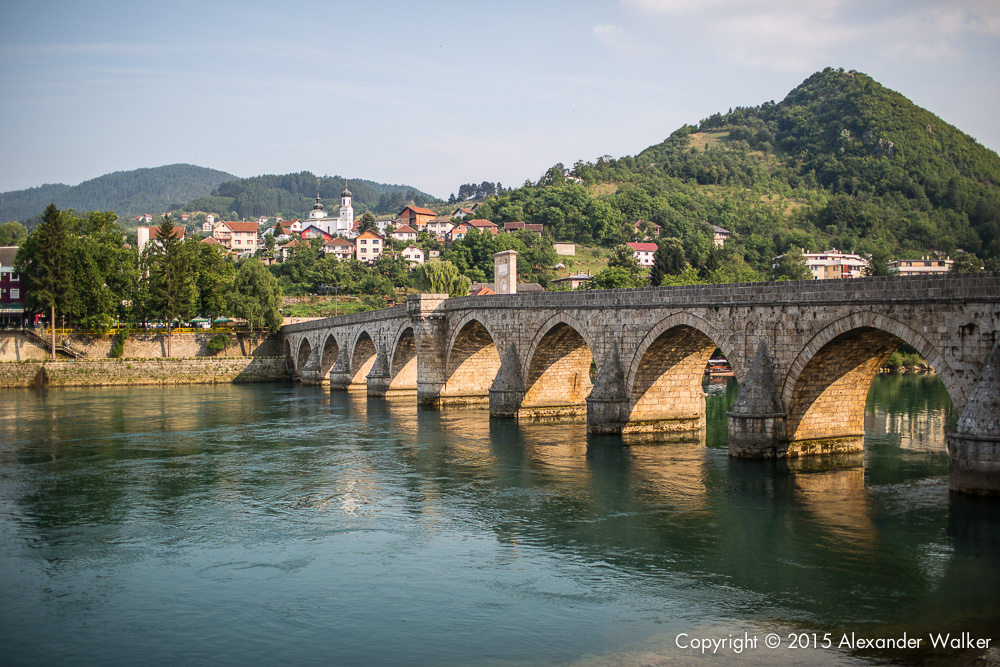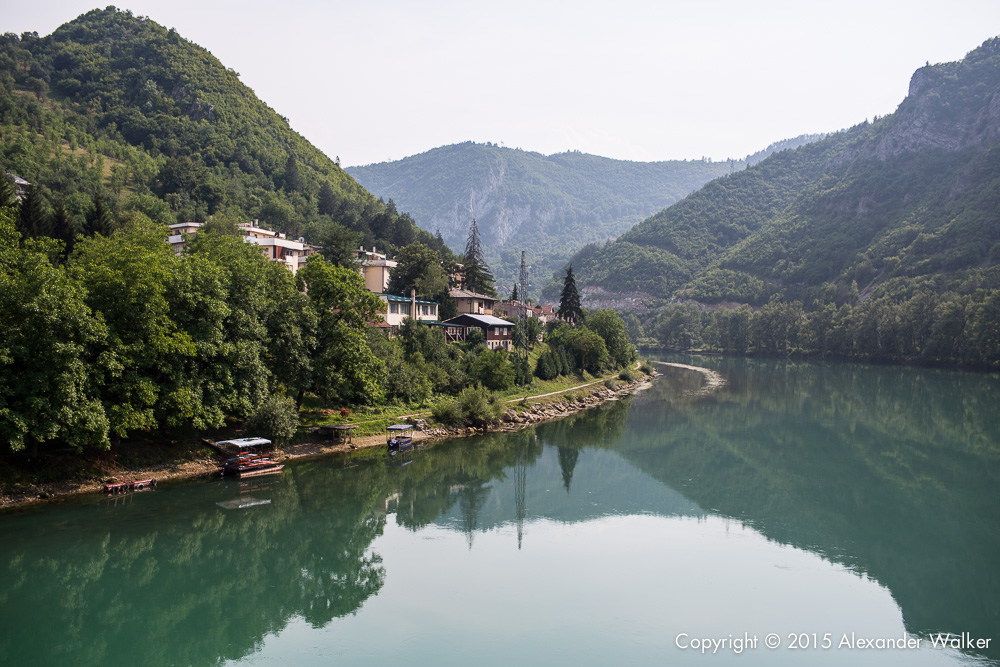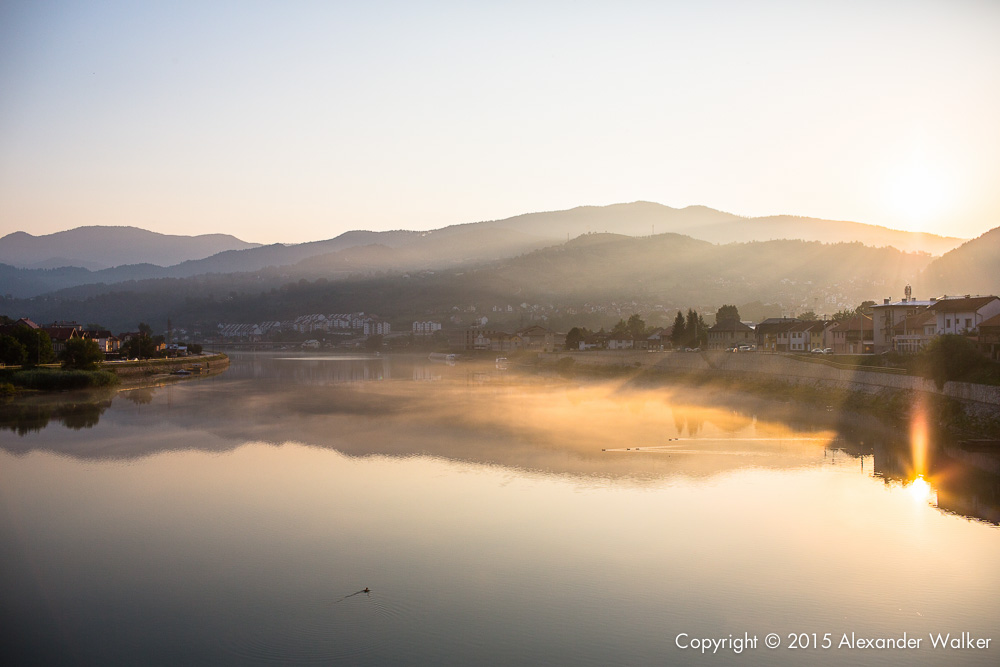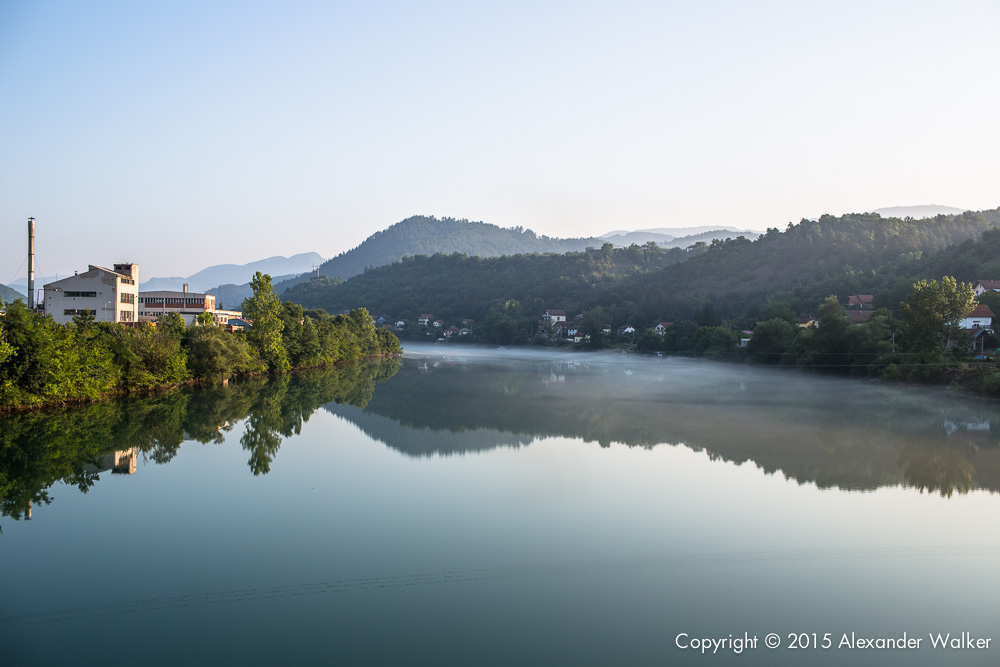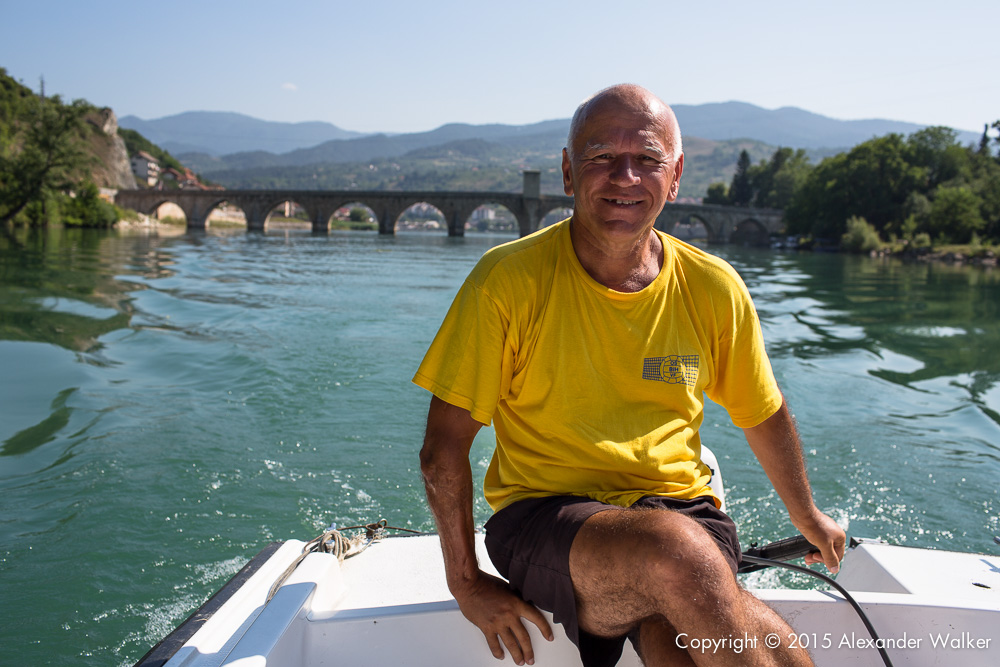This week marks the 21st anniversary of the bloodiest episode in post-World War II European history. The Srebrenica Massacre, which began on 11 July 1995 and lasted for 11 days, saw the genocide of 8,373 Bosniak Muslim men and boys at the hands of Bosnian Serb Army of Republika Srpska under the command of General Ratko Mladić. Between 25,000 and 30,000 women, children and elderly people were forcibly removed, abused and displaced by the end of this grotesque chapter in modern European history.
Asmir Mehić, 23, who is part of the Bosnia-Herzegovina squad, was only two years old at the time of the genocide. “I was just a baby so I can’t remember very clearly,” he says. “I left with my mother and we ran away to the free zone in Tuzla. My father stayed behind in Srebrenica to fight and was killed in the war. My mother has shown me and told me all about what happened.
““The war was religious and it was aggression against the Muslim population. We were only executed because we were Muslims. It is silly to fight over religion. Religion is supposed to spread peace amongst people, not war. The war was silly, but very deadly.””
It was extremely hard for Mehić’s mother to provide a family home in Tuzla because everything the family had had been left behind in Srebrenica. “We have been there for over 20 years, but we have never been able to afford our own house and make our own home there,” Mehić says. “We have lived in collective accommodation most of the time.”
A keen amateur footballer most of his life, and a big fan of Barcelona and Sarajevo, Mehić became involved with National Partner of the Homeless World Cup, IFS-Emmaus, when some people who were aware of his living situation asked the organisation to reach out to him.
They asked him to attend the training sessions with the organization, which offers invaluable support and guidance to young people from sensitive and vulnerable groups. His face lights up into a beaming smile when asked football means to him. “First of all, I love just playing football, it is a great sport,” he says.
“The most popular in the world and through football you can come together with other people, it brings different people together. Coming here to Glasgow I have had the chance to meet other people from other cultures like I’ve never had the chance to before. The Scottish people are really good hosts and its beautiful here,” he enthuses, although laughs as he adds: “The weather could be better!”
Looking to the future, Mehić says: “I want to find a job and have a stable situation. I want to build a home and start a family. In Bosnia, I coached young kids and I would love to do this as a job in the future as I love football so much.”
Words by Gregor Dow - gregordow@icloud.com



